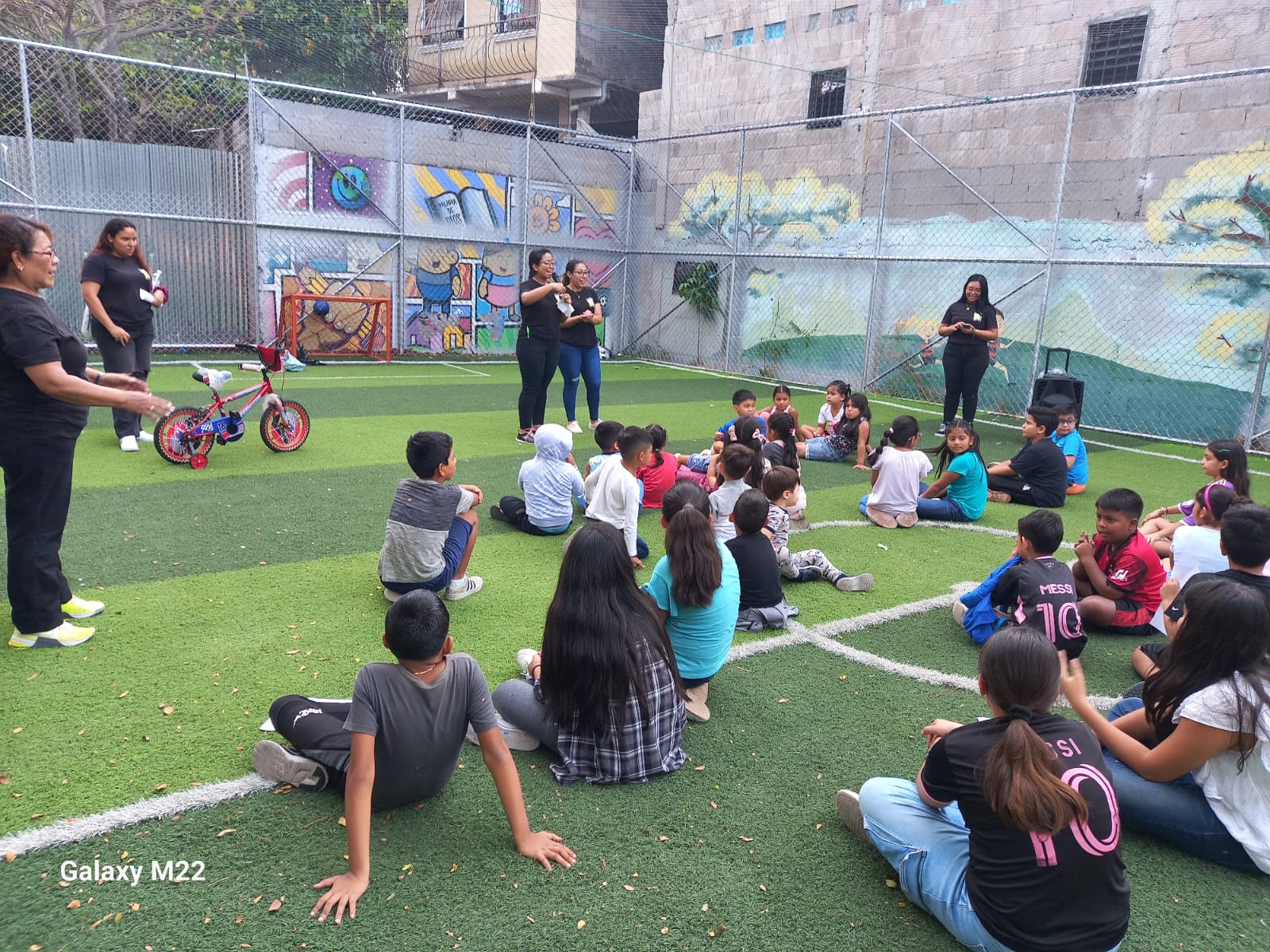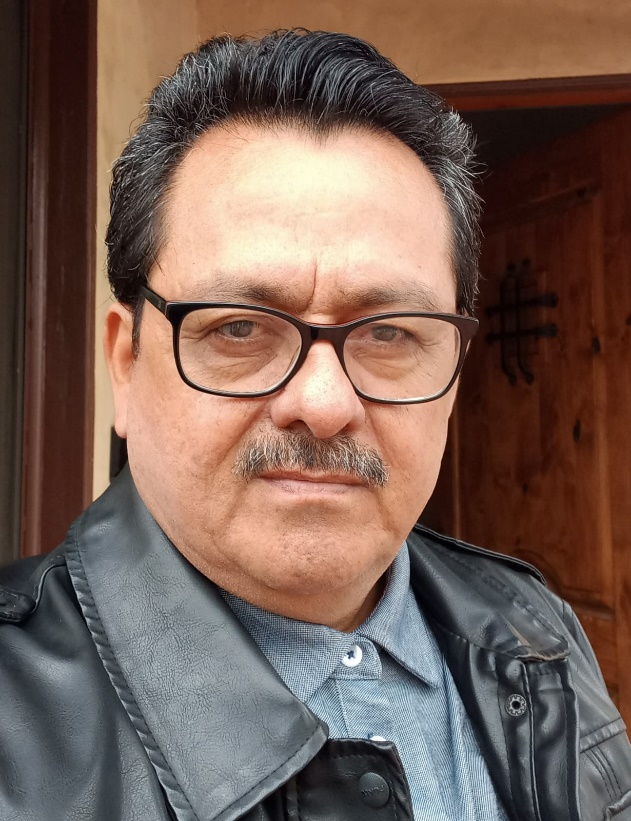El Salvador – Iglesia Misionera Ebenezer
- San Salvador, El Salvador

Organizational Overview
For many years Iglesia Misionera Bautista Eben-Ezer in San Salvador has been a pillar of support in one of San Salvador's most violent communities. The church has long focused on outreach to gang members and marginalized populations, running evangelistic and social reintegration programs for ex-gang members, including transitional housing and skills training, becoming one of the few evangelical churches in El Salvador focused on reaching gang members and their families for Christ. Despite internal resistance and external threats from both authorities and gangs, Eben-Ezer's commitment to rehabilitation saw the successful reintegration of many former gang members. In recent years, the church needed to reinvent itself, due to changing national security policies, forcing it to halt its work with ex-gang members. Today, Eben-Ezer focuses on youth and kids prevention programs and coming alongside them and the families of incarcerated gang members, while preparing to systematize and replicate its community church model for broader impact in urban, vulnerable communities.
Beneficiary Population
- Urban Poor
- Children & Youth
- Women
- Families
- Leaders
Focus Areas
- Spiritual Transformation & Faith Communities
- Leadership Development & Training
- Community Development
- People & Family-Centered Development
- Vulnerable Populations (ex-convicts)
Organizational Track Record
Founded in 1964 and officially established in 1987, Iglesia Misionera Bautista Eben-Ezer has had a notable track record of community impact in Colonia Dina, in San Salvador. Particularly its work in local prisons, offering evangelistic and discipleship opportunities for inmates, as well as reintegration efforts for ex-gang members solidified the church’s commitment to working with the most vulnerable and marginalized. From 2012 to 2022, the church successfully reintegrated around 80 former gang members into society, providing housing, vocational training, and spiritual discipleship through their transitional program. They established two transitional homes and partnered with Ministerio Huellas de Esperanza to further support these individuals. Eben-Ezer's outreach garnered international recognition, attracting attention from media outlets like CNN, BBC, LA Times, Le Monde, as well as formal support from organizations such as USAID and the United Nations Development Program. Despite the cessation of its reintegration program in 2022 due to changing national policies, the church continues to serve its community by focusing on youth and kids’ prevention programs, regularly supporting 100 children and adolescents, coming alongside vulnerable family members of incarcerated gang members, and developing a strategic plan for the next decade to expand its mission.
Key Leader Biosketch
Nelson Moz, married since 1986 to Marta Teresa Vindel de Moz and father of three children, is a leader committed to the expansion of God's Kingdom and the transformation of communities through peace and Christian values. He holds a degree in Theology with a specialization in Missions and has served as pastor of the Iglesia Bautista Misionera Eben-Ezer in San Salvador since 1996. For many years, he worked as a manager in private companies, but in 2010, he decided to follow his calling to full-time ministry, focusing especially on work with ex-convicts. With over 14 years of experience in violence prevention and social reintegration, Nelson has been part of working groups in correctional centers, focusing on human rights issues. He has also served as a consultant for the United Nations and currently collaborates in the Mesa de Convivencia Ciudadana, a project supported by USAID. His primary focus today is working with children and adolescents, developing programs based on Christian values to positively impact marginalized communities affected by social violence in El Salvador. Nelson dreams of replicating and building a model of community churches that can make a real impact in their communities. His vision is of an active evangelical church deeply connected to the daily life of Salvadoran communities, going beyond numerical and economic growth. He wants to see churches use their resources to transform realities and offer innovative solutions, presenting concrete proposals in public dialogue. Nelson Moz is also a board member of the Biblical Union in El Salvador, reaffirming his commitment to social justice and the spiritual well-being of communities.

Funding History with Camino Alliance
Thanks to a special grant of $150,000 USD given in 2021, Camino Alliance was able to help Eben-Ezer purchase a van and a building located behind their church. The goal of the grant was to double the capacity of their residential program for ex-gang members, expand their in-house bakery to provide training and employment for the men in their program, and turn the space into a training center to equip other churches to work with ex-gang members and their families. However, with the state of exception imposed by the government in March 2022, Eben-Ezer had to rethink the purpose of this facility. They are currently using it for their children and youth programs and plan to turn it into a residential training center for emerging urban leaders in the coming years.
